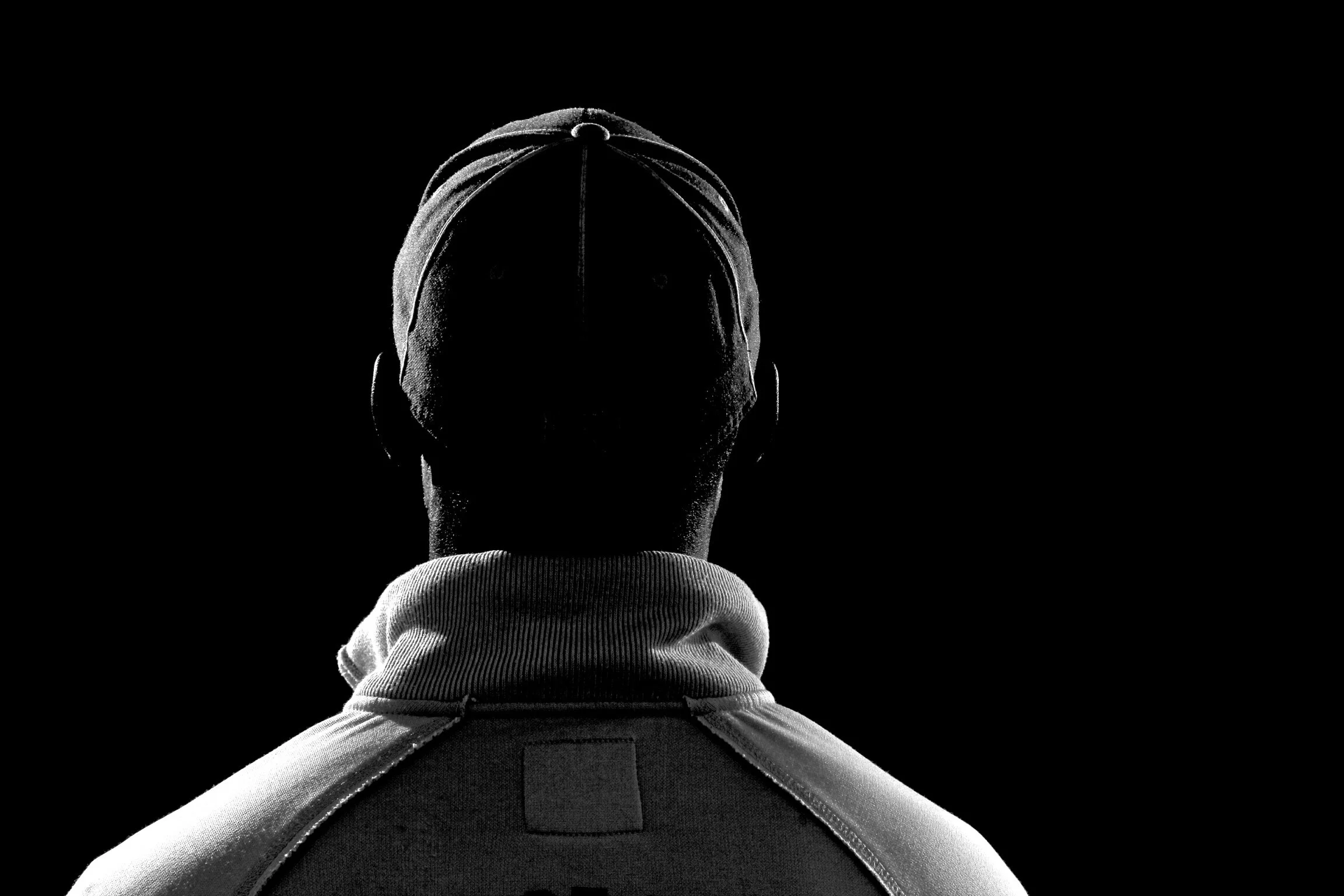Executives and elite athletes share much in common.
The Generalities: They both must perform at a consistent high level in persistently and routinely stressful environments, often standing close to the ledge of their capabilities; Mistakes are measured in fractions and judged harshly, and; Posture is key.
There is, however, one unfortunate and unnecessary difference: Athletes spend, by far, more time practicing to improve their craft than they do competing, and they clearly understand the value of rest and nutrition for recovery. Conversely, business leaders reside in a competitive environment where stress is often a benchmark for success, fatigue is common, and nutrition is often an afterthought.
Why it Matters: In a nutshell, there’s much that a business leader can learn from competitive athletes:
- A rested body and mind allows you to return to your work refreshed, bringing clarity. It is now common for sports teams and athletes to employ Sleep Coaches to better combat travel schedules and aide in recovery.
- Physical fitness is used as a tool to make tasks easier.
- Mindset control is essential to better manage groups of people, and unpredictable audiences or environments.
- Small margins can impact and determine success or failure.
- You are judged by your posture. Slumped shoulders implies weakness, poor self esteem and surrender. Athletes and business leaders who move well, with ease and purpose are a joy to follow. There is no skill that is not enhanced by better movement.
- Pattern recognition and recall allow athletes to quickly and repeatedly extract and sort information that is often coming at them at a rapid, if not unpredictable rate. The development of this skill enables high performers to anticipate and predict possible outcomes. Thereby making them better decision makers.
Movement makes us smarter and enhances creativity. Athletes have learned that practicing movement helps them to solve problems faster and improve concentration. Modern movement science has shifted us away from high-volume training and towards higher-intensity training, instead. “How much and for how long” has been replaced by more focused, deliberate work in shorter bursts with greater allowance for rest and recovery.
Business leaders faced with the constant demands of constant work schedules, travel, self-imposed cortisol hormonal injections caused by constant stress causing damage to cells and disrupting our ability to metabolize sugars and fats can in a similar way benefit from these techniques employed by athletes.
Summary: I’ve condensed decades of work with senior leaders, athletes and their teams to these simple lessons, tailoring them to the individual. While there are obvious differences between athletes and business leaders, the similarities are too myriad to ignore. There is no question that executive teams and their boards can increase the performance and success of their teams by learning to doing the same. You can increase your rate of success by training the athlete in you!





